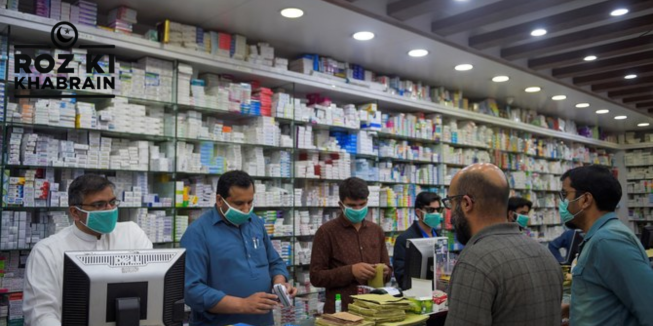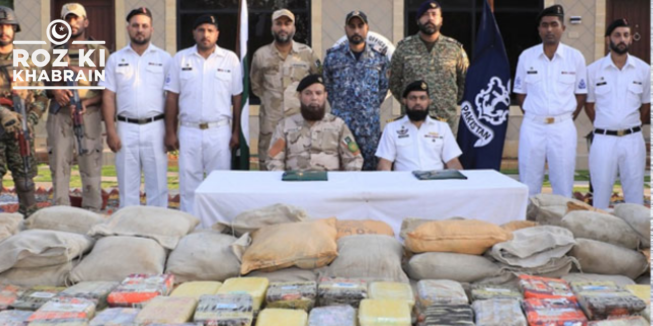KARACHI: Over 90% of Pharmacies and Medical Stores Operate Without Qualified Pharmacists
A concerning report has emerged about the significant risk to public health, revealing that 95% of pharmacies, medical stores, and half of the hospitals in Pakistan are functioning without qualified pharmacists.
This disclosure was made at the Medication Safety Conference held in Karachi, where experts and industry professionals highlighted a critical issue impacting the country’s healthcare system.
Asim Rauf, Chief Executive Officer of the Drug Regulatory Authority of Pakistan (Drap), emphasized the importance of technical expertise that qualified pharmacists bring to healthcare settings. He explained, “Doctors are not trained to identify medication errors, whereas pharmacists are specifically equipped to prevent harm from drug misuse.” He further stressed that no hospital or pharmacy should operate without pharmacists and confirmed that efforts are underway to align medication practices with World Health Organization (WHO) standards.
Rauf also called on healthcare professionals to report adverse drug reactions to enhance pharmacovigilance systems and prevent deaths linked to medication errors.
Jamshed Ahmed, Director of Alkhidmat Pharmacy Services, lamented the state of pharmacies in Pakistan, stating, “95% of pharmacies are run like grocery stores by untrained staff who often dispense incorrect medications, leading to fatal outcomes.”
Abdul Latif Shaikh, former Director of Pharmacy Services at Aga Khan University Hospital (AKUH), pointed out the dangers of handwritten prescriptions, explaining that untrained staff misinterpreting prescriptions often result in patients receiving incorrect medications, leading to fatalities. He also emphasized the need for safe raw materials in drug manufacturing and encouraged error reporting to improve patient safety.
Shaikh Kaiser Waheed from the Pakistan Pharmaceutical Manufacturers Association (PPMA) noted the large number of pharmacists leaving the profession and urged parents to encourage their children to pursue careers in pharmacy.
With senior physicians, including Professor Abdul Malik and Dr. Azeemuddin, discussing the crucial role pharmacists play in improving patient outcomes, participants called for mandatory staffing of pharmacies and hospitals with trained pharmacists to reduce medication errors and save lives.
Dr. Saqib Ansari, Director of Medical Services at Alkhidmat, proposed a one-year paid internship program for pharmacists to provide hands-on training, highlighting that pharmacists have been proven to reduce mortality rates in hospitals by assisting doctors.




